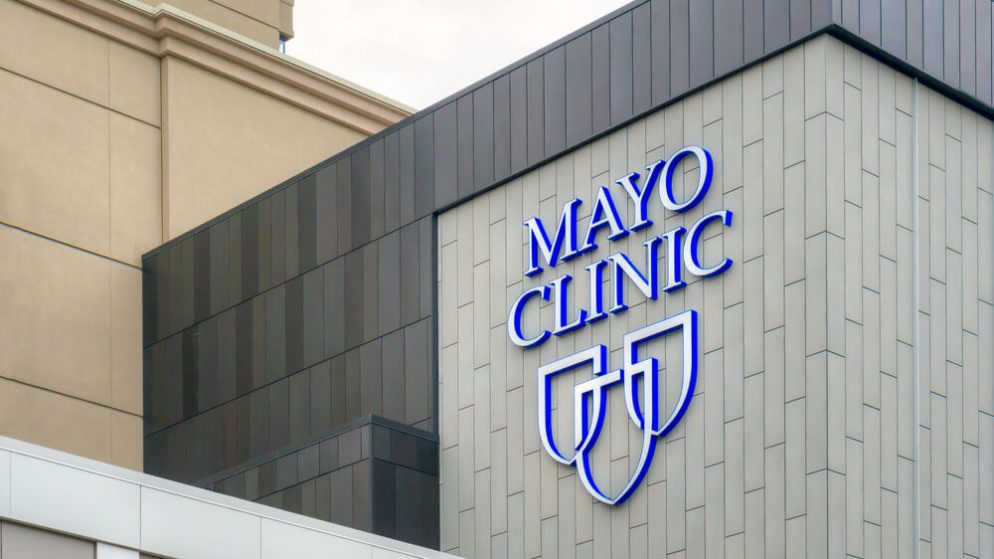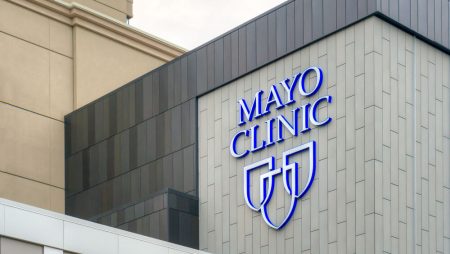



Get new exclusive access to healthcare business reports & breaking news




Mayo Clinic and Kaiser Permanente have combined forces and invested $100 million in-home care startup Medically Home in an effort to allow more patients to receive acute levels of care and recovery services in the comfort, convenience, and safety of their homes.
With the partnership with Medically Home, Mayo Clinic and Kaiser Permanente seek to expand access to this unique model and encourage health systems and care providers to adopt it.
By building capacity to meet rapidly increasing demand while addressing regulatory and legislative barriers, the partnership will allow more patients across the U.S. to safely receive high-quality acute and restorative care in their homes, a prepared statement said.
Mayo Clinic and Kaiser Permanente both use Medically Home’s care-delivery model. They hope that more health systems and care providers will adopt it to build capacity, as there is growing demand for acute care at home.
“Bringing Mayo Clinic and their medical knowledge, and 150-year history of serious and complex care, with the scale and the value of health care that Kaiser brings — it’s just an unprecedented collaboration,” Raphael Rakowski, executive chairman of Medically Home, was quoted as saying.
Rakowski added that by partnering with Kaiser Permanente and Mayo Clinic, Medically Home had repositioned how it is perceived both in the marketplace around the world and in a regulatory way.
“The heart of this announcement is that we believe together — Kaiser, Mayo, Medically Home — that it’s time for a provider-led transformation of healthcare delivery. Others have tried to transform healthcare — the Amazons of the world [and] the others who come from outside have not been successful, and we believe that the right approach to actually provide the transformation that everyone is recognizing needs to come from within. We believe … there [are] no better partners in the world to lead that provider-led decentralization of care,” Rakowski said.
The eMarketer website said the investment did not come as too much of a surprise as both Mayo Clinic and Kaiser Permanente have been partnering with Medically Home to roll out hospital-at-home services over the last year.
Gianrico Farrugia, president and CEO of Mayo Clinic, said: “Our partnership with Kaiser Permanente and Medically Home will create the next generation of patient-centric, compassionate health care that seamlessly integrates advanced technology with clinical expertise. By bringing best-in-class clinicians and services to patients in their homes, we’ll be able to provide more people with individualized care that’s tailored to meet their specific needs.”
Greg Adams, chair and CEO of Kaiser Foundation Health Plan Inc. and Hospitals, described the partnership as a significant step in their commitment to providing the right care in the right setting for every patient.
“While the pandemic has put a spotlight on the limitations of brick-and-mortar health care delivery, this important expansion of Medically Home’s resources will help fill a critical need going forward,” Adams said.
Medically Home offers a “one-of-a-kind technology and services platform” that enables providers to address a significant range of clinical conditions at the higher end of the clinical acuity spectrum that is typically treated in traditional hospital settings, safely in a patient’s home.
This includes routine infections and chronic disease exacerbation, emergency medicine, cancer care, acute level of COVID-19 care, and transfusions. For example, at the height of the COVID-19 pandemic, the use of Medically Home’s model helped combat patient isolation and loneliness, allowing family members to be at the patient’s bedside at home while helping hospitals balance the increased demands for hospital beds.
A statement further explained that key features of Medically Home’s virtual and physical care delivery model include a 24/7 medical command center staffed by an array of clinicians and an integrated care team in the community who deliver care to patients at their bedside.
One of the demonstrated positive results is that patients hospitalized using the Medically Home model have a lower need for recurring hospitalization at 30 and 90 days following a care episode, the statement said.
Medically Home installs a suite of communications devices, remote patient monitoring devices, emergency response systems, and other supplies such as durable medical equipment in a patient’s home so that providers can treat high-acuity patients outside of the costly hospital setting.
Medically Home also partners with Massachusetts General Hospital Cancer Center in their randomized clinical trial of supportive oncology care in the home. The group is also working with partners including Huron and Cardinal Health. Medically Home estimates that 30 percent of hospitalized patients can benefit from the model.